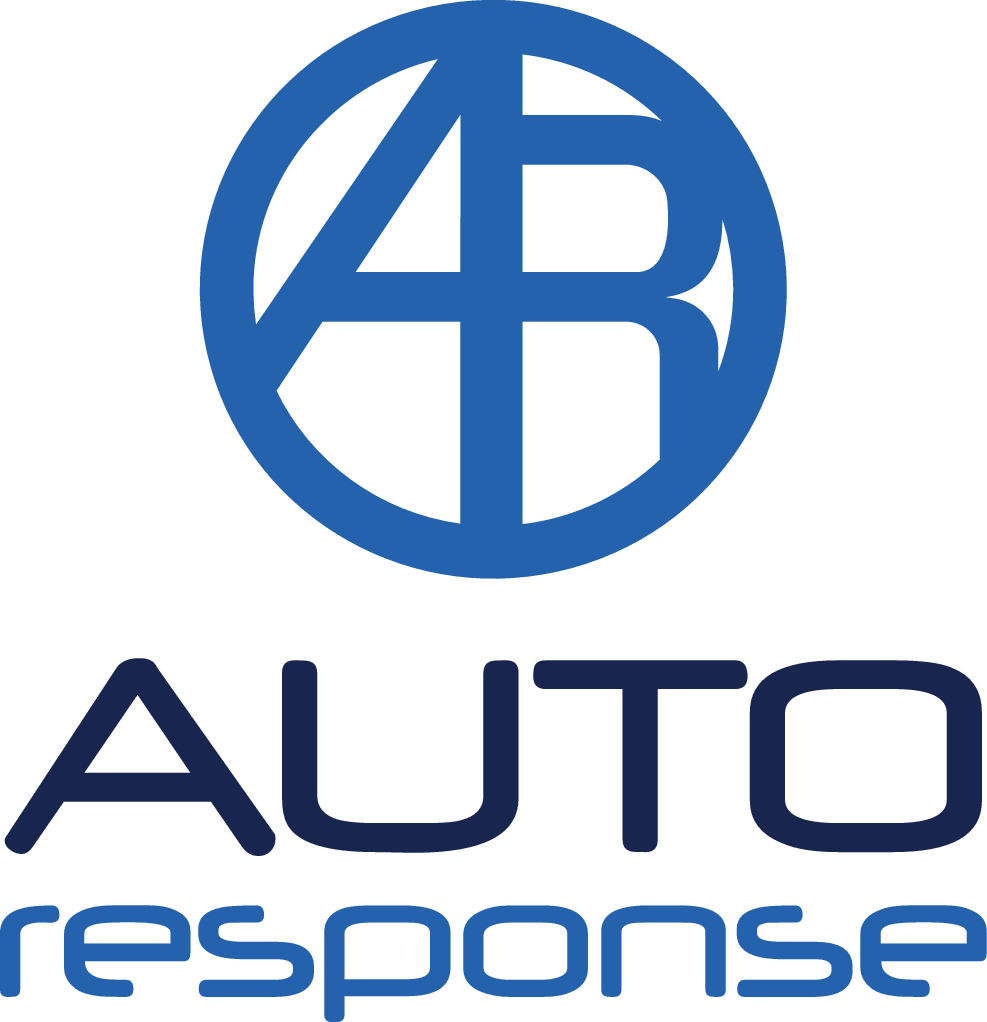RADIATOR REPAIR
If your car is overheating or your radiator is leaking exhibiting signs of rust or corrosion, it is crucial to address the issue promptly. While minor external rusting may not require immediate replacement, prolonged rusting can affect the core of the radiator, leading to more severe problems. Regular maintenance and inspections can help identify any radiator issues early on, allowing for timely repairs or replacements and preventing further damage to your car’s engine.
Radiator repairs are essential for maintaining the cooling system of your car. When a car overheats, it may be an indication of a faulty radiator. The radiator’s primary function is to transfer heat from the engine coolant to the outside air, thus keeping the engine temperature within an optimal range. If the engine overheats, it can lead to severe issues, such as damage to the Cylinder head, which can result in expensive repairs.
HERE ARE SOME OF THE SERVICES TYPICALLY PROVIDED FOR RADIATOR REPAIRS:
Radiator and Cooling System Service
This involves a comprehensive inspection and maintenance of the radiator and the entire cooling system. It ensures that all components are in proper working condition.
Coolant Flush
Coolant change is the main preventative maintenance you can get done as an owner. Over time, coolant can become diluted or contaminated, leading to decreased effectiveness in cooling the engine. A coolant flush involves draining the old coolant and replacing it with fresh coolant to avoid potential damage and corrosion.
Pressure Testing
This test is conducted to identify any leaks or weaknesses in the radiator or cooling system. By pressurizing the system, technicians can detect any leaks and determine the appropriate repairs. Quite often done on routine service.
Coolant Pump Replacement
The coolant pump is responsible for circulating the coolant through the engine and radiator. If the pump is faulty or damaged, it may need to be replaced to ensure proper coolant flow and to avoid overheating.
Coolant Leak Detection and Repairs
Radiator leaks can occur due to various reasons, such as corrosion, stress fracturing, old age in brittle plastics or damage caused by road debris or accidents. Detecting and repairing coolant loss and maintaining the cooling efficiency of the entire cooling system.
Cooling Hoses Replacement
The hoses in the cooling system carry coolant between the radiator, engine, and other components. Over time, these hoses can become worn or damaged, leading to leaks or reduced coolant flow. Replacing the cooling hoses helps maintain the integrity of the cooling system. One of the main components is checked as part of a routine service.
Radiator Cap Check
Probably the most overlooked part of a cooling system, The radiator cap is responsible for maintaining the proper pressure within the cooling system. If the cap is unable to hold pressure in the system, it can cause coolant leaks and overheating. Checking and replacing the radiator cap if necessary as part of repairing radiators.
Radiator Replacement
Last but not least the radiator itself, plays the main role in heat exchange, if this becomes internally blocked it can severely lose its ability to keep the engine at an optimum temperature. Often only noticeable under extreme temperatures or loads. Example towing or going up a hill. It requires an expert to diagnose its failure as the blockage can be often missed.

